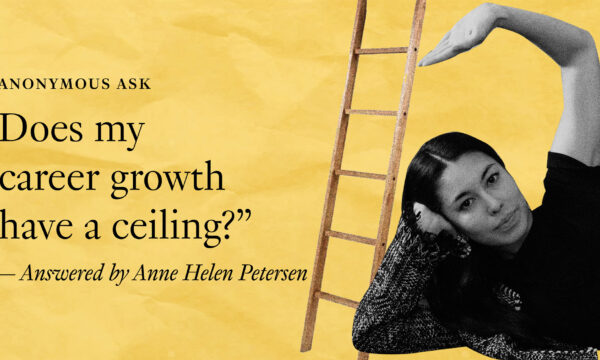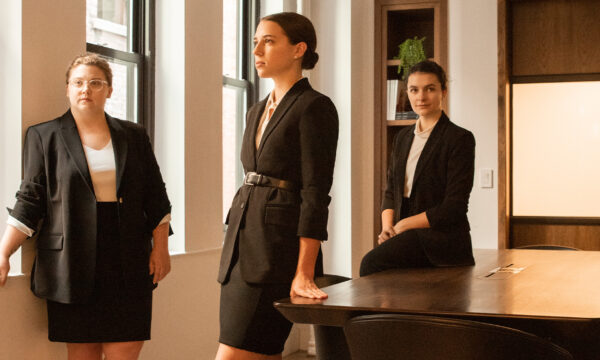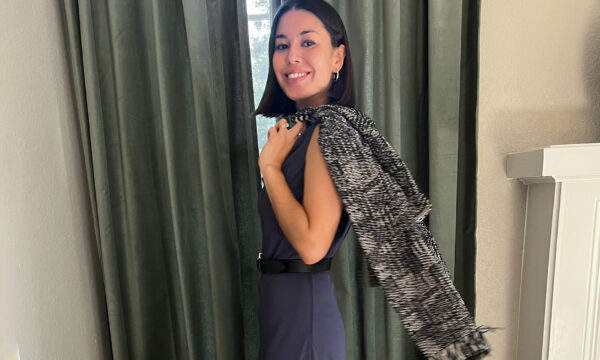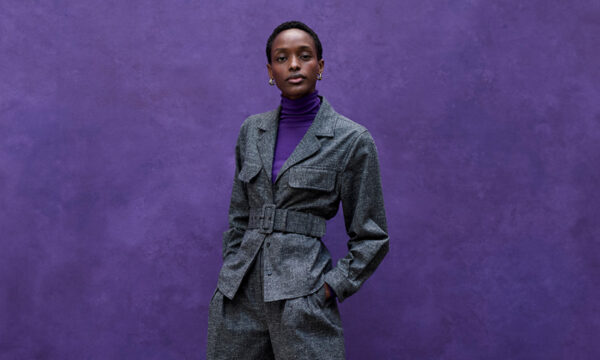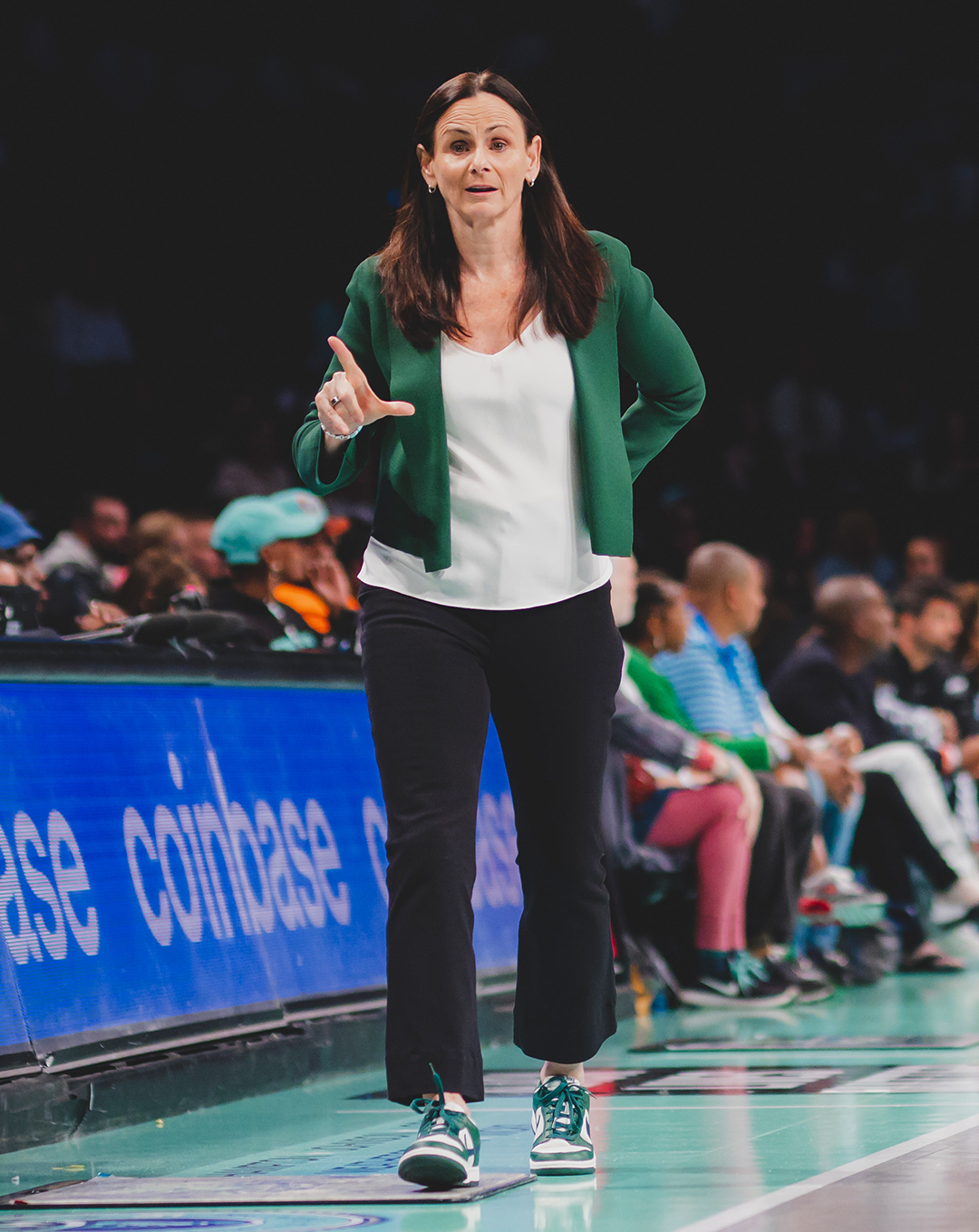
Shop This Look
For This WNBA Coach, Successful Leadership Starts with Team Culture
Head coach Sandy Brondello of The New York Liberty on what it takes to lead a cohesive team.
What does your desk job have in common with professional basketball? More than you might think.
From visualizing success and running through high-pressure plays presentations to collaborating with teammates and seeking feedback from your coach boss, you’re constantly preparing for pivotal moments, aiming to perform at the highest level, and dealing with whatever’s thrown your way. It’s a lot to handle, and you fumble at times, but you know you’ll eventually get back up and find your footing again.
Turns out you have a lot in common with best-in-class athletes, which is part of why we’re so excited about our special new partnership with our local WNBA team, the New York Liberty. This multi-year collaboration is the first of its kind for both of our organizations and was born from our shared belief that the world is a better place when women succeed.
What does this partnership look like in action? We have a few balls in the air, actually: In addition to offering the M.M.LaFleur community discounted home-game tickets, we’re hosting special events and outfitting Liberty team members and executives in polished, movement-friendly Power Casual clothing.
Just a few weeks ago, head coach Sandy Brondello visited our Bryant Park showroom to hone her game-day style amidst a hectic playoff schedule, and we had the chance to ask her a few questions about her career. With over 18 years of experience coaching in the WNBA, she’s an inspiring figure, to say the least. We asked her to share some leadership advice you can put into play off the court—in your own career. Scroll to see what she had to say.
Want more M Dash?
Sign up for our weekly newsletter.
Thank you!
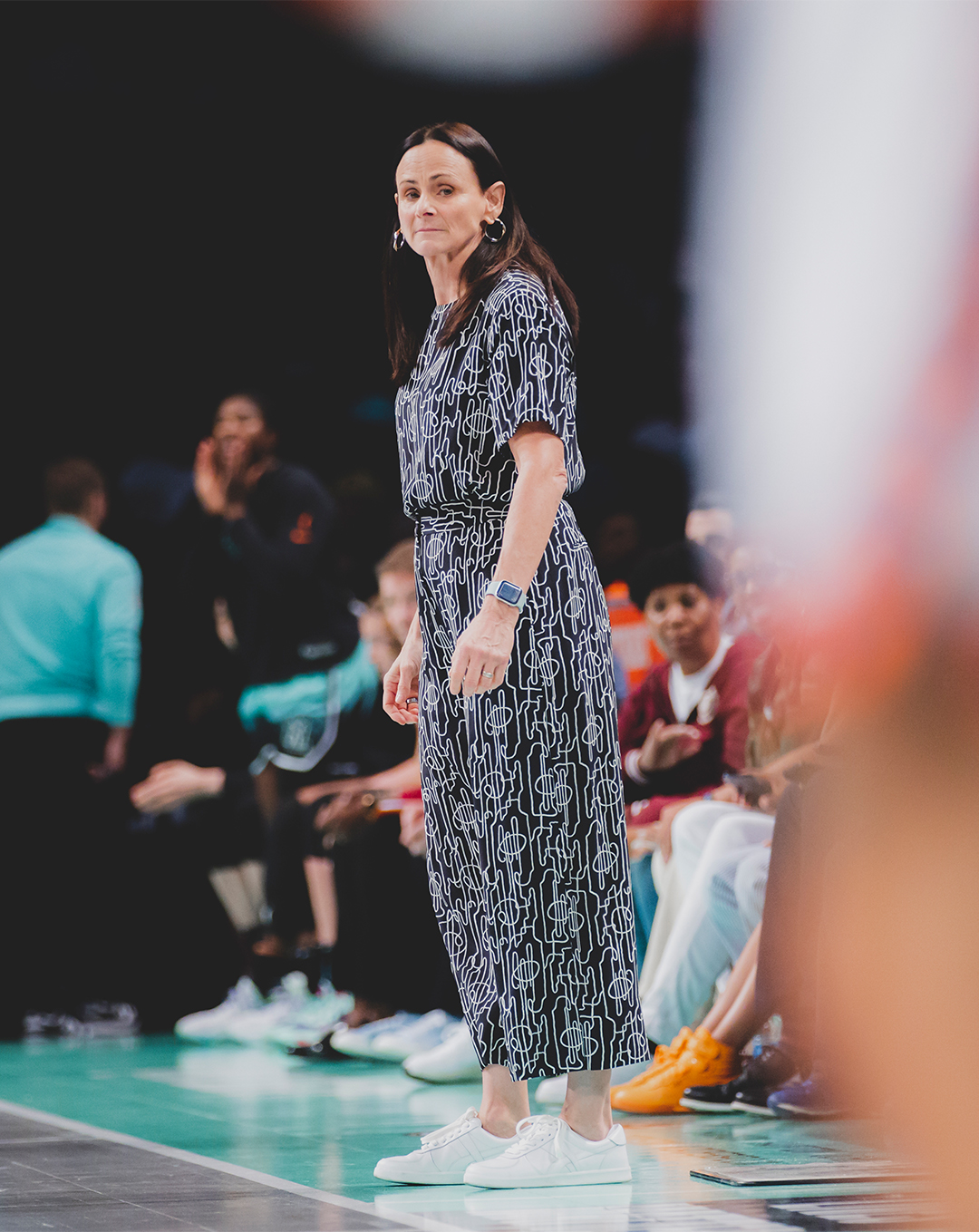
Like in any workplace, athletes have diverse skill sets. How do you tailor your leadership style to meet individual needs?
“As a player, I had teammates who were from different countries and cultures from around the world, so I learned early on that it’s essential you build those relationships in order to understand your team. Now, as a coach, it’s really important to me that I take the time to get to know each of the players on an individual level. What makes them tick? If I truly understand how they operate, I can be of better service to them and their development. Given players’ differences, I definitely don’t coach everyone the same, but I always strive to be consistent with my leadership. The ultimate goal is to make sure each player knows that I value them and want them to be the best player that they can be.”
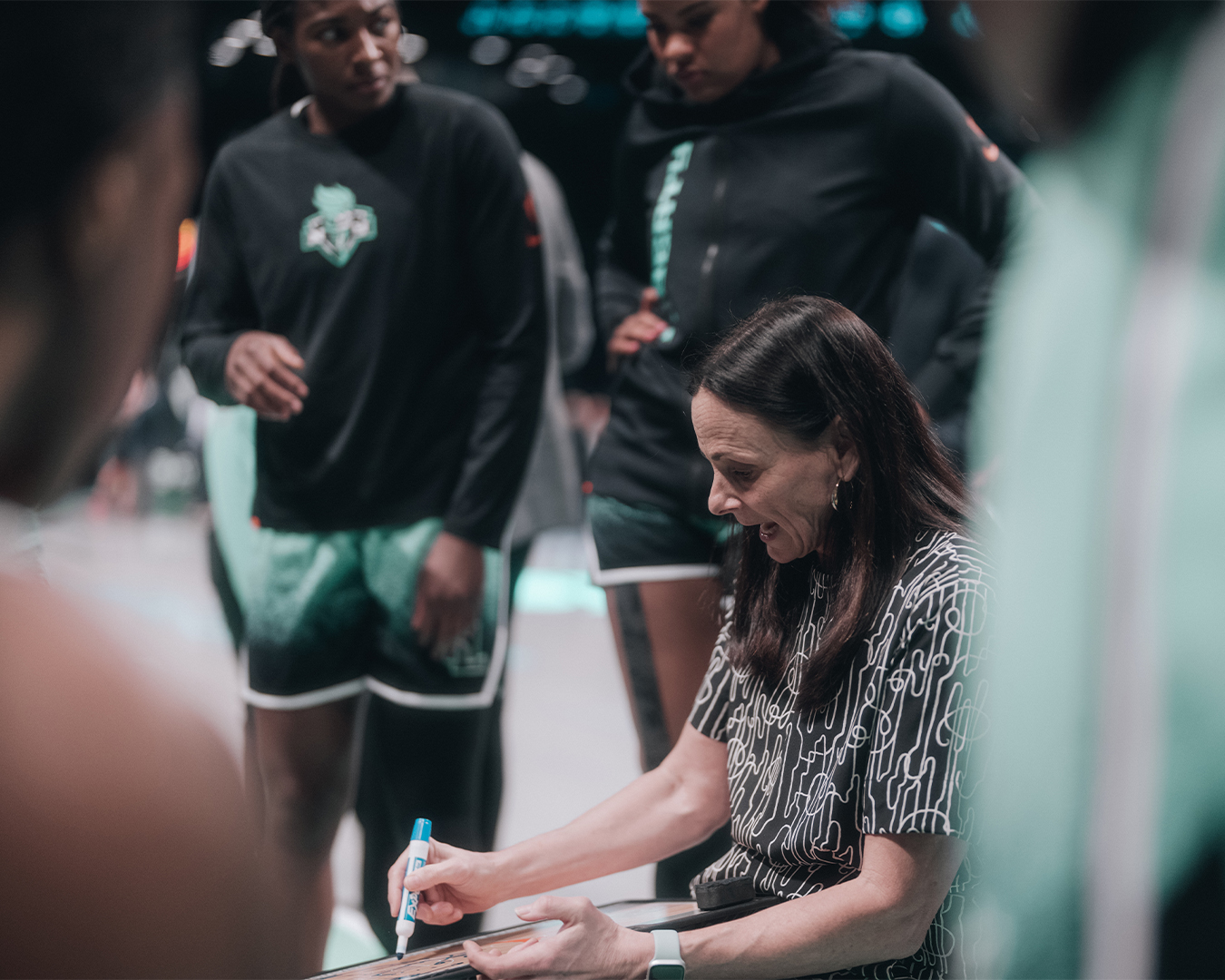
How do you approach building a strong and cohesive team culture in a highly competitive environment?
“If you’re building anything, it really does start with the culture, so we spend a lot of time focusing on this aspect of our organization. If the players buy into the team’s mission and goals, they’ll naturally be motivated to execute, both collectively and individually. How is that culture determined? For us, the culture has to come from what the players want. They need to ask themselves what kind of legacy they want to leave. Prompting this conversation allows us to hold one another accountable because we’re all being honest about what we value, rather than leadership just declaring, ‘This is our culture,’ and hoping it happens to align with everyone’s personal values. In the end, our culture is mostly informed by how our players build and maintain relationships with one another, because that’s what matters most when they get down to the court.”
What inspired you to pursue a career in coaching, particularly in the WNBA?
“I’ve loved basketball since the age of nine, and I played professionally for 18 years. In short, the sport has been a defining factor in my life, and there’s no other industry I’d rather be a part of. After my playing career was over, coaching was a natural next step, and doing so in the WNBA was the dream opportunity.”
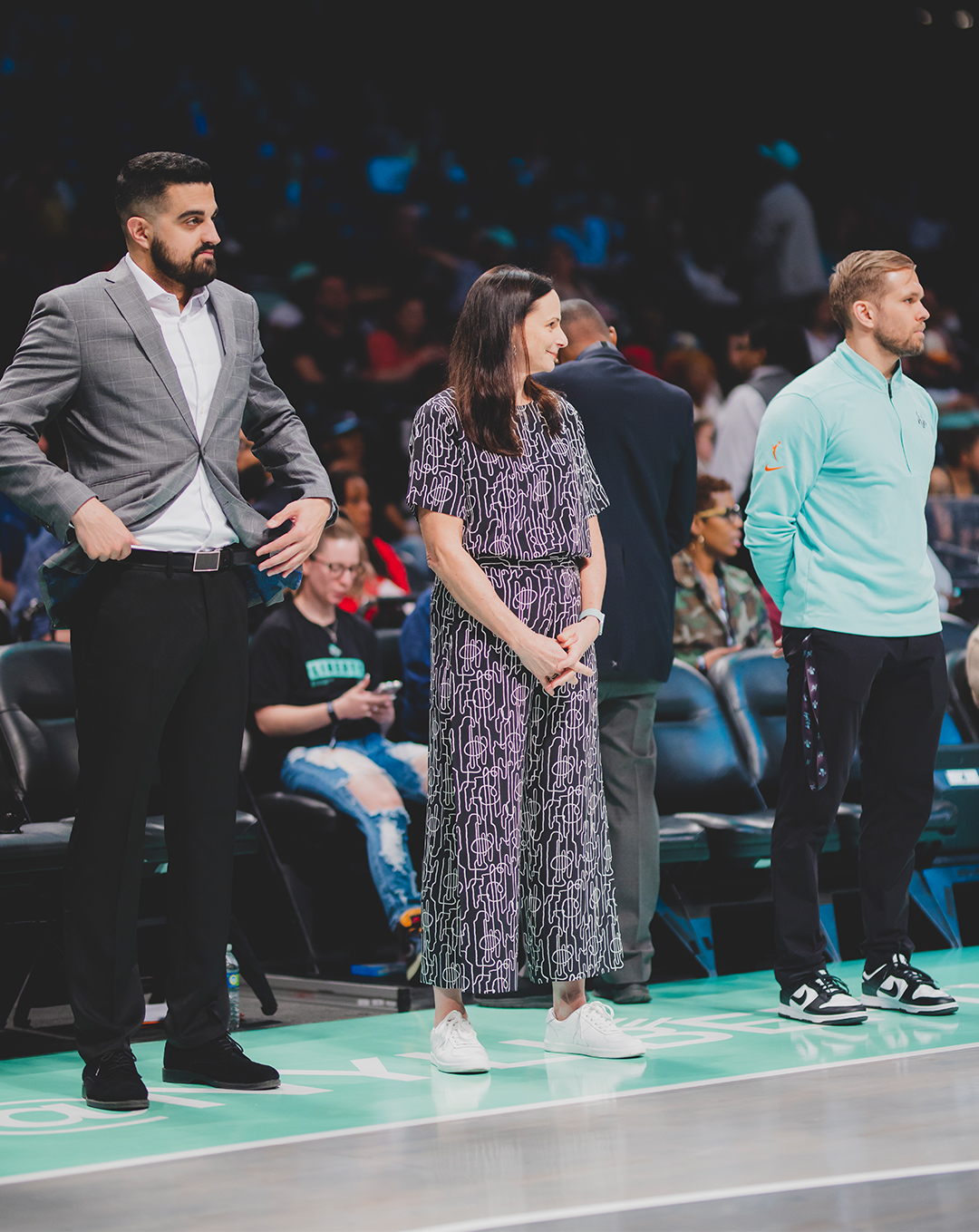
What leadership advice would you give to working women who are looking to make a mark in male-dominated industries?
“Have confidence. For obvious reasons, I think in general, men have more confidence than women, and it shouldn’t be that way. I mean, you should work really hard and properly prepare, as with any job, but in order to succeed as a woman, you need to be genuinely confident in your abilities, opinions, and voice. The reality is that to stand out in a male-dominated space, you have to be willing to handle conflict and not back down if you really believe in something. I also think surrounding yourself with more women is really powerful, because women know how to work together.”
How does clothing play a role in how you communicate your professionalism and authority?
“I love dressing up, but being comfortable at the same time is absolutely crucial when I’m on the job. I need to stay focused, so I don’t have tolerance for anything that’s fussy. I tend to get a lot of steps in during games, so I actively look for pieces I can move in easily. At the same time, I do want to have a little bit of flair to show our players that their personal style is something to be proud of—that you can be an athlete or a coach, but there’s so much more to you, too.”






